On 15 May 2025, the Ministry of Higher Education, Science, Research and Innovation (MHESI), in collaboration with NXPO, hosted the launch event for Thailand’s Second Technology Needs Assessment (TNA) project at the Royal Orchid Sheraton Riverside Hotel Bangkok.
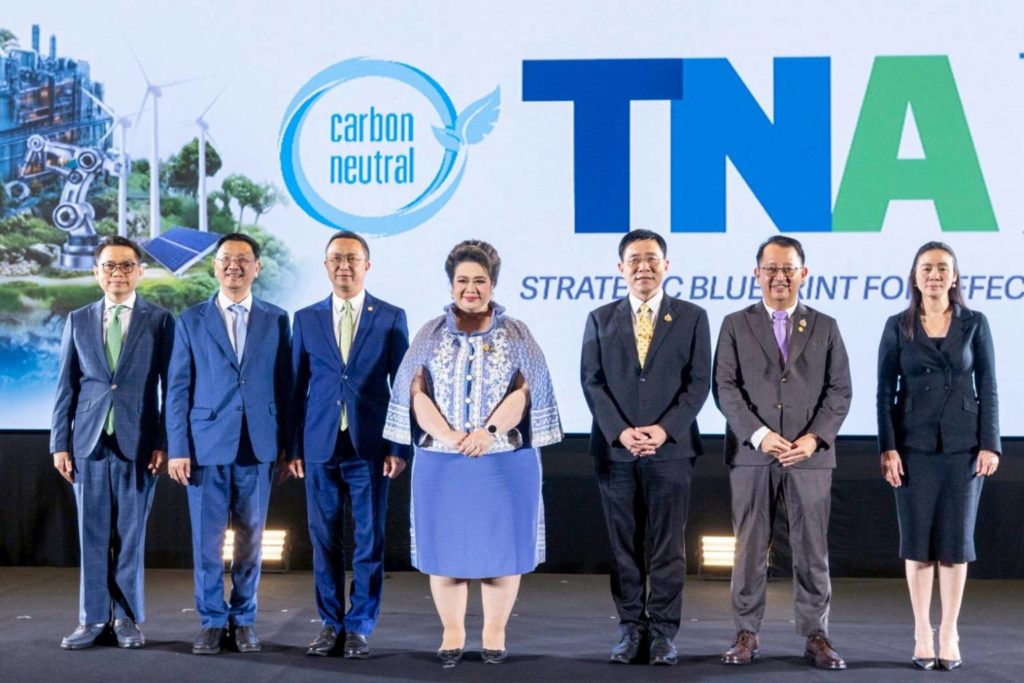
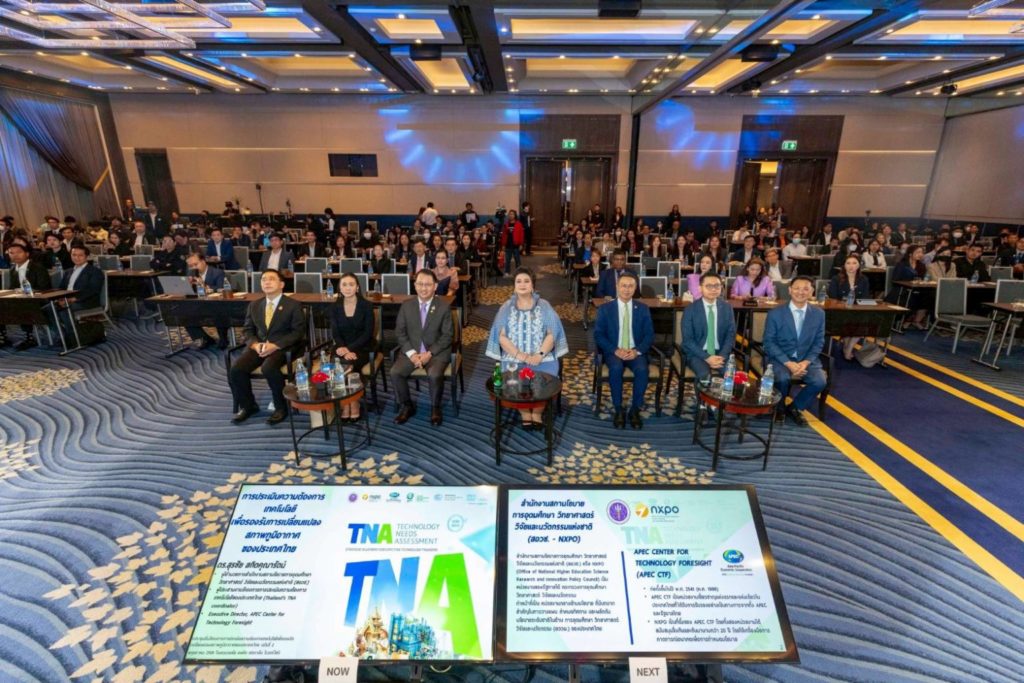
In her opening remarks, MHESI Minister Ms. Supamas Isarabhakdi highlighted the importance of TNA as a mechanism for identifying appropriate technologies to support Thailand in achieving its greenhouse gas reduction targets. She also emphasized the project’s role in linking Thailand with international knowledge networks and financial support.
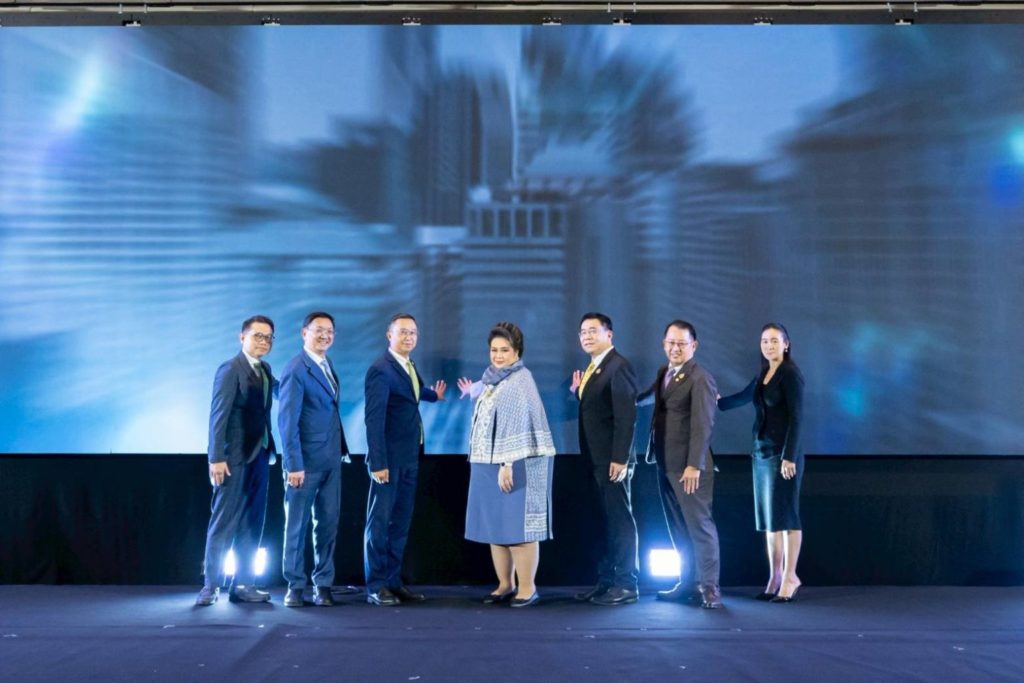

“Climate change is a global issue that affects all countries, including Thailand. The TNA will be a vital tool to facilitate technology transfer and mobilize international funding, enabling Thailand to develop effective climate technologies and advance towards carbon neutrality by 2050 and net-zero greenhouse gas emissions by 2065,” said Ms. Supamas.

She further underscored MHESI’s commitment to promoting research, development, and innovation across key sectors such as energy, agriculture, industry, and waste management. The ministry plays a crucial role in bridging research and educational institutions with end-users, thereby strengthening the nation’s capacity to adapt to climate change.

Dr. Surachai Sathitkunarat, President of NXPO and Coordinator of Thailand’s TNA project, presented an overview of the initiative. He explained that the TNA is an essential mechanism for identifying the country’s specific technology needs for climate change adaptation and mitigation, while also facilitating access to international funding and technical cooperation.
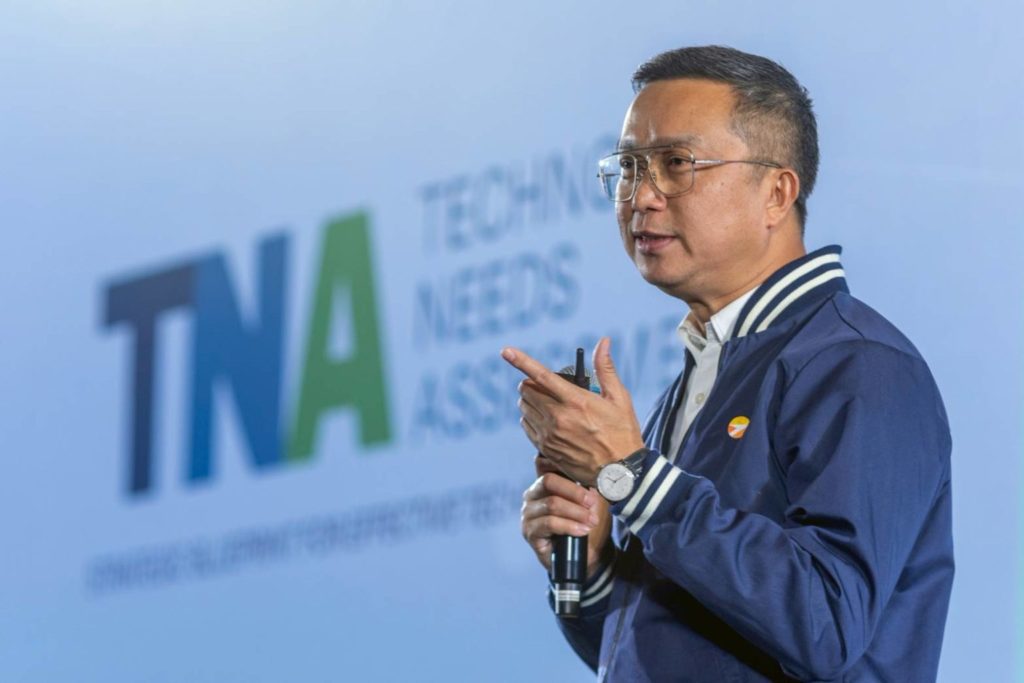
“The TNA project is supported by the United Nations Environment Programme (UNEP) and the UNEP Copenhagen Climate Centre (UNEP-CCC), aiming to help countries identify and prioritize the technologies needed to address climate challenges. Thailand completed its first TNA in 2012, and this second phase builds upon that foundation to guide the development of strategies and action plans that can effectively secure international climate finance,” said Dr. Surachai.
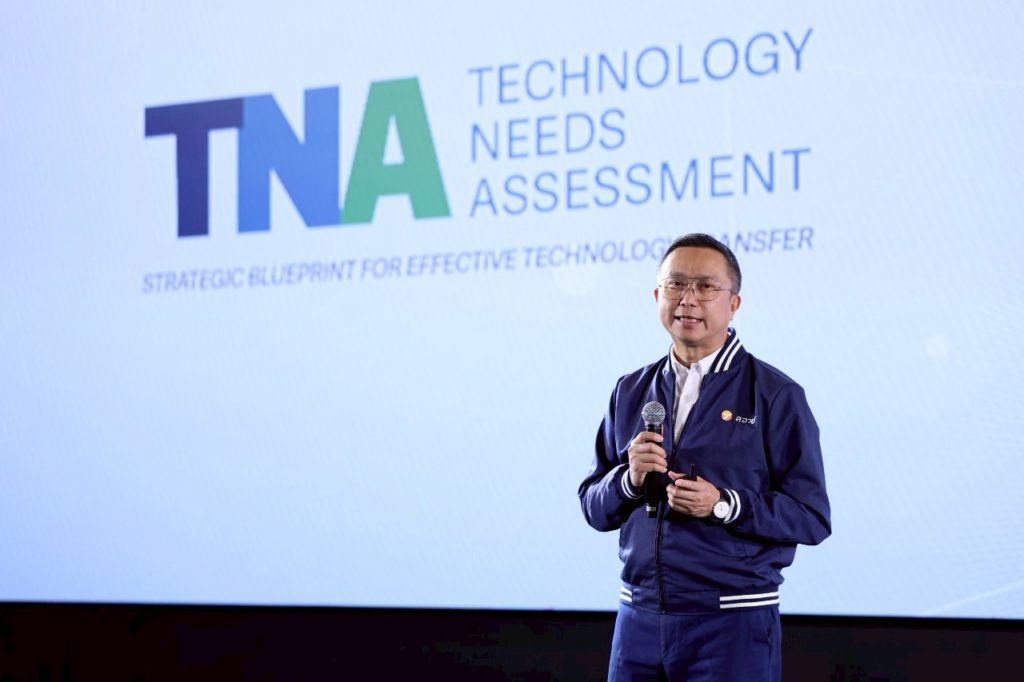
The event also featured a special lecture on “TNA as a Catalyst: Unlocking Capital for Climate Technology” by Dr. Sara Traerup, Head of Section for Technology Transitions and System Innovation at UNEP-CCC, followed by a panel discussion with representatives from government, academia, and the private sector.
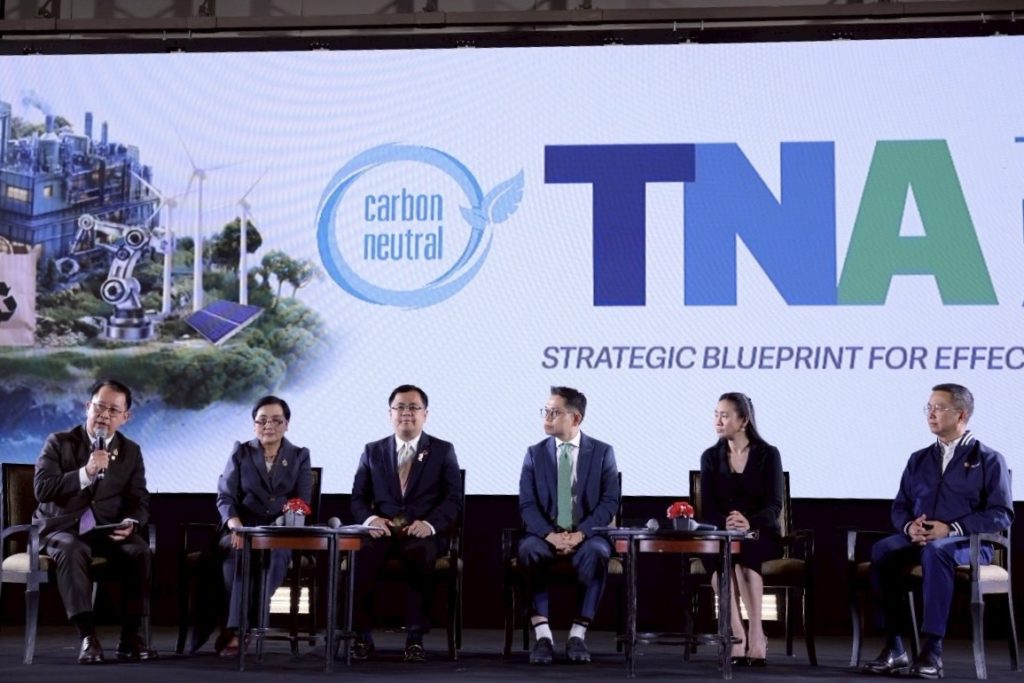
This second TNA project continues the work of the first phase completed in 2012, whose outcomes have already been integrated into national policies and planning frameworks. Funded by the Global Environment Facility (GEF), the current study will provide a crucial foundation for formulating national strategies and projects aligned with Thailand’s greenhouse gas reduction targets and for securing long-term international funding.
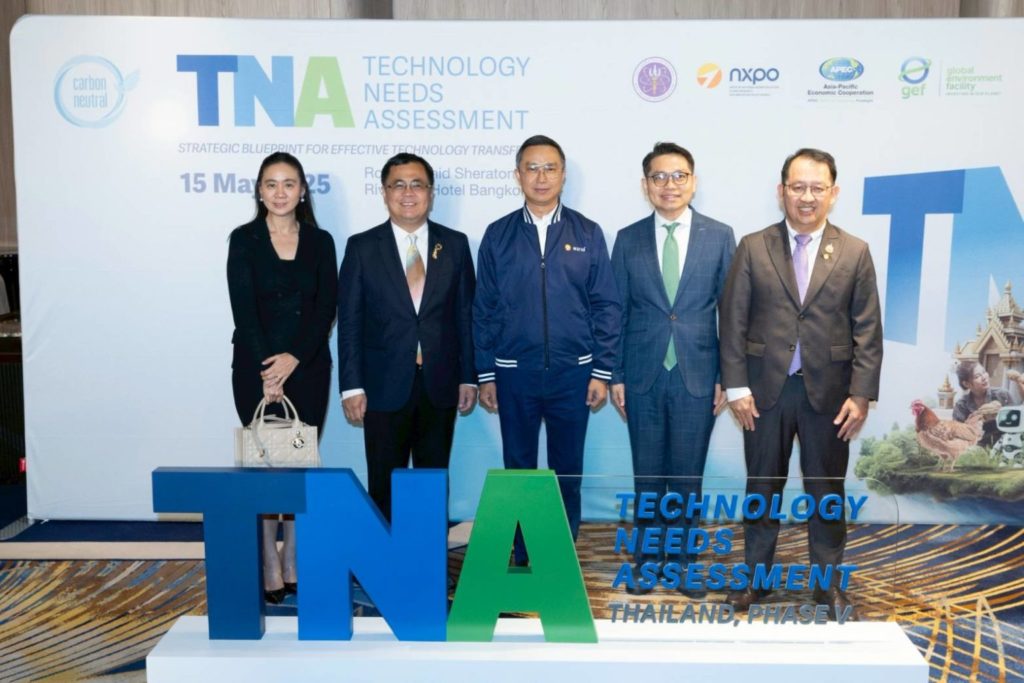
Moreover, the TNA process plays a pivotal role in international climate negotiations, particularly at the Conference of the Parties (COP) to the United Nations Framework Convention on Climate Change (UNFCCC), where it strengthens Thailand’s position in requesting technology cooperation and financial support. This project represents another important step in advancing Thailand’s climate policy towards tangible implementation.







